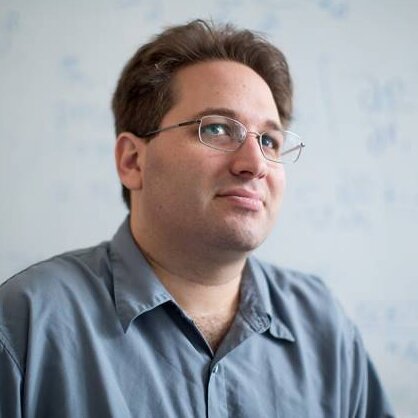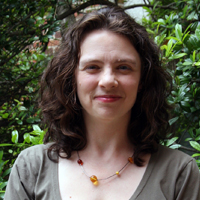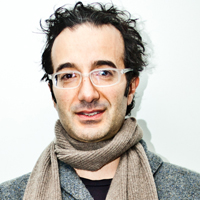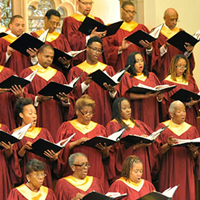Vera Rubin
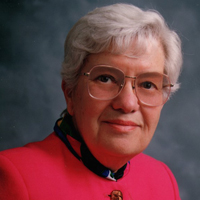
Vera C. Rubin was an observational astronomer who studied the motions of gas and stars in galaxies and motions of galaxies in the universe for 75 percent of her life. Her work was influential in discovering that most of the matter in the universe is dark — it does not emit or absorb any light, and it does not interact with ordinary matter (which is made of atoms) except via gravity. She passed away in 2016, aged 88. The Large Synoptic Survey Telescope project was renamed The Vera C. Rubin Observatory three years after her death. She was the first woman to have a major observatory named after her.
Rubin was a graduate of Vassar College in Poughkeepsie, New York; Cornell University in Ithaca, New York; and Georgetown University in Washington, D.C.
She worked at the Department of Terrestrial Magnetism, Carnegie Institution of Washington, from 1965 until her retirement in 2014. Among the numerous honors she received were the 1993 National Medal of Science and the 1996 Gold Medal of the Royal Astronomical Society in London; the first (and last) woman to receive this medal previously had been Caroline Herschel in 1828. Rubin encouraged and supported women in science. Vera Rubin’s husband, Robert Rubin, and all four of their children pursued careers in science, each earning a Ph.D.







 Share
Share
